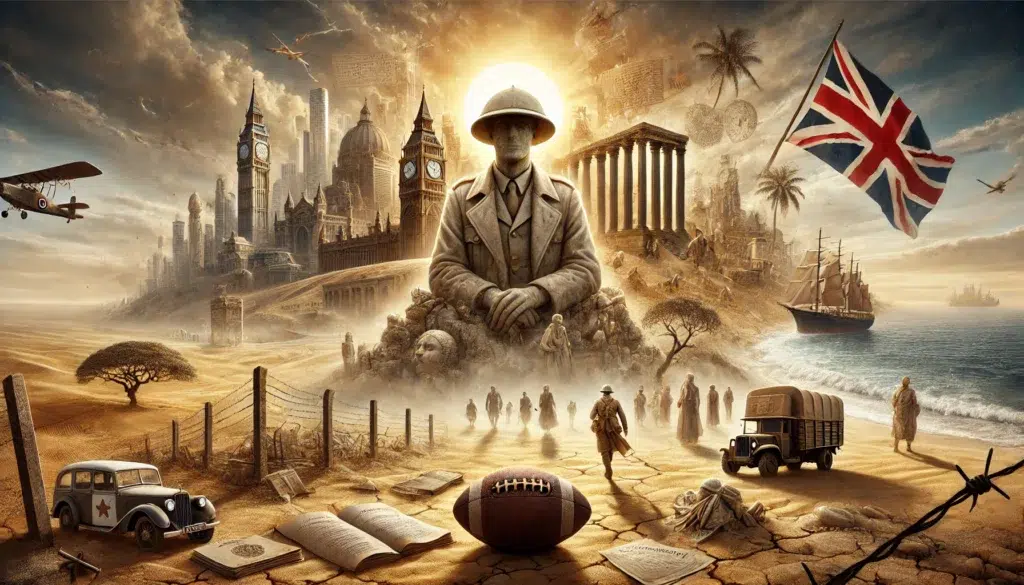Peter Wheeler, a political activist for the Labour Party in the UK, reflects on the pivotal 2024 British General Election, which marked a significant shift in the country’s political landscape. He has been a local government councillor as well as having held senior posts within the Labour Party. He campaigned tirelessly in the recent election. His son, Michael Wheeler was elected for the Labour Party in 2024 as the Member of Parliament for Worsley and Eccles.
July 2024 saw a massive change in the political Landscape in the United Kingdom as the ruling Conservative Party lost 244 of their seats in Parliament leaving them with just 121 out of 650. The Labour Party more than doubled their share gaining 244 seats, ending the election with 411 seats and sending Sir Keir Starmer to Ten Downing Street as our new Prime Minister. Some areas have a Labour Member of Parliament for the first time ever!
This is a big change from less than 4 years ago when the Conservatives (also called the Tory Party in British political conversations), playing on Labour splits and confusion over a divisive leader and our Brexit from the European community, battered Labour all over the park, winning seats in working class and industrial areas where not long before they didn’t bother counting the Labour votes- they weighed them. At the time many ‘well informed’ commentators loudly proclaimed Labour would be out of office for a generation. So much for ‘well informed’ commentators!
So, what happened? To understand it you need to know just a little about UK politics.
Our system of representation, overseen by the UK Electoral Commission, is deceptively simple. The whole country is divided into 650 constituencies (or seats).. Each one sends one Member of Parliament to sit in the House of Commons. These MPs elect the Government. Labour won 411 seats- it’s a Labour Government.
Although the law requires an election at least every five years an actual change of Government is much less frequent. Margaret Thatcher won on a very right-wing Conservative ticket in 1979. They were in Government for 18 years until 1997.
Tony Blair then led Labour to a massive victory in 1997 which saw Labour in office until 2010.
Then the Tories managed to become the largest party in 2010, though not with an overall majority, so they had to do a deal with the Liberal Democrat’s to form a coalition. (That particular bit of opportunism did major damage to the Lib Dem’s as they were wiped out in much of local Government subsequently. – Confusingly, in this country the Lib Dem’s are seen as a bit of a leftish party.)
The other thing to remember is that the United Kingdom is made up of four distinct countries: England, Scotland, Wales and Northern Ireland, each with very different political cultures.
So, 2010 saw the start of this period of Tory Government, with David Cameron as Prime Minister. This inaugurated what they termed austerity, but which struck me as the normal Tory mix of cuts public spending and benefits and attempts to cut taxes for the better off. No change there then, though the ‘bedroom’ tax on those on benefits, where they cut your benefit if they judged you to have too many rooms, was particularly evil. Cameron fell on his sword when he messed up and lost the referendum on Brexit.
That led to Teresa May who managed to lose an unlosable election in 2017. Then it was Boris Johnson’s turn, with his carefully cultivated impersonation of an amiable toff. Whilst this carried him through another unlosable election in 2019, it soon fell apart under the strain of governing during the COVID crisis. By this point British Government was becoming a laughingstock, but quite a nasty one, as the politicians and their staff partied at Downing Street while the rest of us were in lockdown. (There was a poignant image of the late Queen, sitting alone and isolated at the funeral of her husband, while staff at Downing Street partied with little respect for isolation.) For me, it as this period when the dial decisively shifted against the Tories. Consistent large opinion poll led all the way to polling day.
The imploding of the Johnson Government was topped with the election of Liz Truss as Prime Minister. From the hard right of the Tory Party, she was committed to an energy price guarantee, estimated to cost between £31 billion and £140 billion over two years – this looked more like a guess than an estimate to me – and massive tax cuts financed by borrowing.
Needless to say, – though nobody seems to have said it to Liz Truss – the economy tanked, the pound reached its lowest ever level and billions were spent to shore up the economy. Liz Truss promptly got the bump becoming Britain’s shortest ever serving Prime Minister. Her incompetence meant that she lasted just 49 days in the job.
That brought us to Rishi Sunak. Surprisingly the British Public never warmed to Rishi, just your average everyday Billionaire married into one of the richest families in the world. Which leads us to May 22nd when Rishi decides to roll the dice and call an election.



